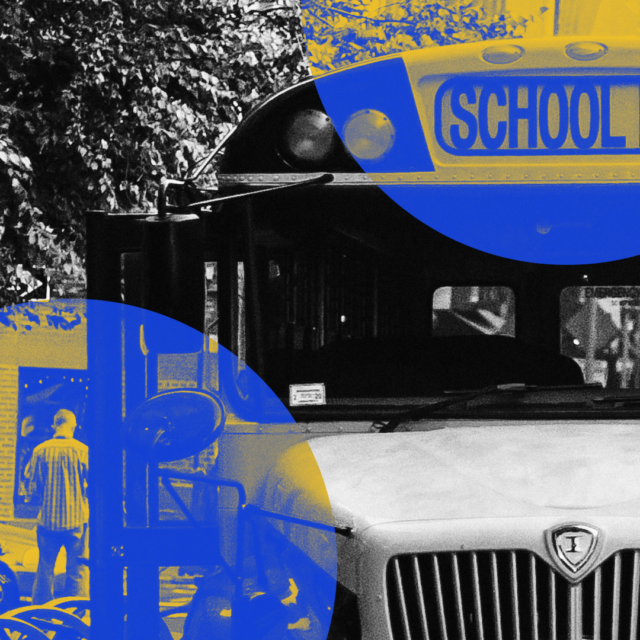Guns are the leading cause of death for children, teens and young adults in America, with more than 4,000 children and teens shot and killed each year, 15,000 shot and wounded and an estimated 3 million exposed to shootings. 2021 was the deadliest year of gun violence on record for young people in America, and there was a record amount of gunfire on school grounds. But while this urgent public health crisis is impacting American youth in so many ways, there has been a lack of research and insight into how young people think about guns and gun violence — and the roles they see firearms playing in their own lives as well as in our society.
To better understand youth attitudes about guns, Everytown for Gun Safety, the Southern Poverty Law Center (SPLC), and the Polarization & Extremism Research & Innovation Lab (PERIL) teamed up to study youth attitudes toward guns in an ambitious, innovative, and comprehensive program of research. Through surveys, focus groups, interviews, and data analysis methodologies, we learned from more than 4,100 young Americans between the ages of 14 and 30 about their access to guns, how safe they feel, their experiences with gun violence, their political views, the media they consume, and how they think about concepts like male supremacy, racial resentment and the Second Amendment, among others. The result is the following report, which provides a first-of-its-kind look at issues of pressing importance to this generation and our country as a whole.
- Four out of five young people believe that the level of gun violence our country is experiencing is a problem, and there is also broad agreement that stricter gun laws could help reduce gun violence. Forty-seven percent of young people surveyed believe restricting gun ownership will lead to fewer mass shootings, for example, and nearly 60 percent believe gun laws should be stricter than they are today.
- Young people have felt the impact of this crisis firsthand: the average young person in the United States knows at least one person who has been injured or killed by a gun. This has a direct effect on their mental health: the more people that youth know who were injured or killed by gun violence, the worse they reported their anxiety, depression, and post-traumatic stress symptoms to be.
- There has been an increasing amount of gunfire on school grounds, and gun violence and the threat of gun violence at school looms large in the minds of young people. One in four youth said they have experienced an active shooter lockdown somewhere, and youth who ruminate about school shootings tend to have more post-traumatic stress and report consuming greater average daily hours of gun-related media.
- Young people report having easy access to guns. About 40 percent of youth said they have at least “somewhat easy” access to a gun, with 21 percent reporting “very easy” access to a gun. In addition, nearly 17 percent of youth report that they plan to have access to a firearm in the future.
- The percentage of youth who agreed with the sentiment that guns protect minorities was highest among white respondents (35.8%), followed by Hispanic respondents (34.1%), and was lower for Black respondents (30.8% ) and Asian American and Pacific Islander respondents (19.4%).
While attitudes about guns, gun ownership and personal safety varied widely among respondents, we found that young people with easier access to guns tended to hold stronger beliefs that they are safer with guns than without guns and that gun culture is a part of their identity — who they are as a person. A young person’s access to guns, identification with gun culture, and exposure to media relating to guns also correlated with concerning beliefs like support for male supremacy, higher levels of racial resentment, and post-traumatic stress disorder. Furthermore, youth with easier access to guns also tended to hold stronger beliefs that the government is restricting our freedoms, and 22 percent of those surveyed said they believe the Second Amendment gives individuals the right to overthrow the government — a myth that has been at the forefront of extreme gun lobby rhetoric for years.
The findings of this report have important implications for young people and the individuals and institutions who work with and support them. Understanding how young people view, access and use guns can help educators, policymakers, public health officials, and young people better tailor interventions, messages and campaigns aimed at reducing gun deaths and injuries. And providing a clearer picture of how young people’s attitudes and ideas about guns form as they grow can also help identify opportunities to bust myths and fight back against harmful misinformation. While we have endeavored to explore this topic as fully as possible within the scope of this project, this report is just a first step — we need more research about youth attitudes toward guns to help us effectively provide young Americans with a path toward a future free of gun violence.




